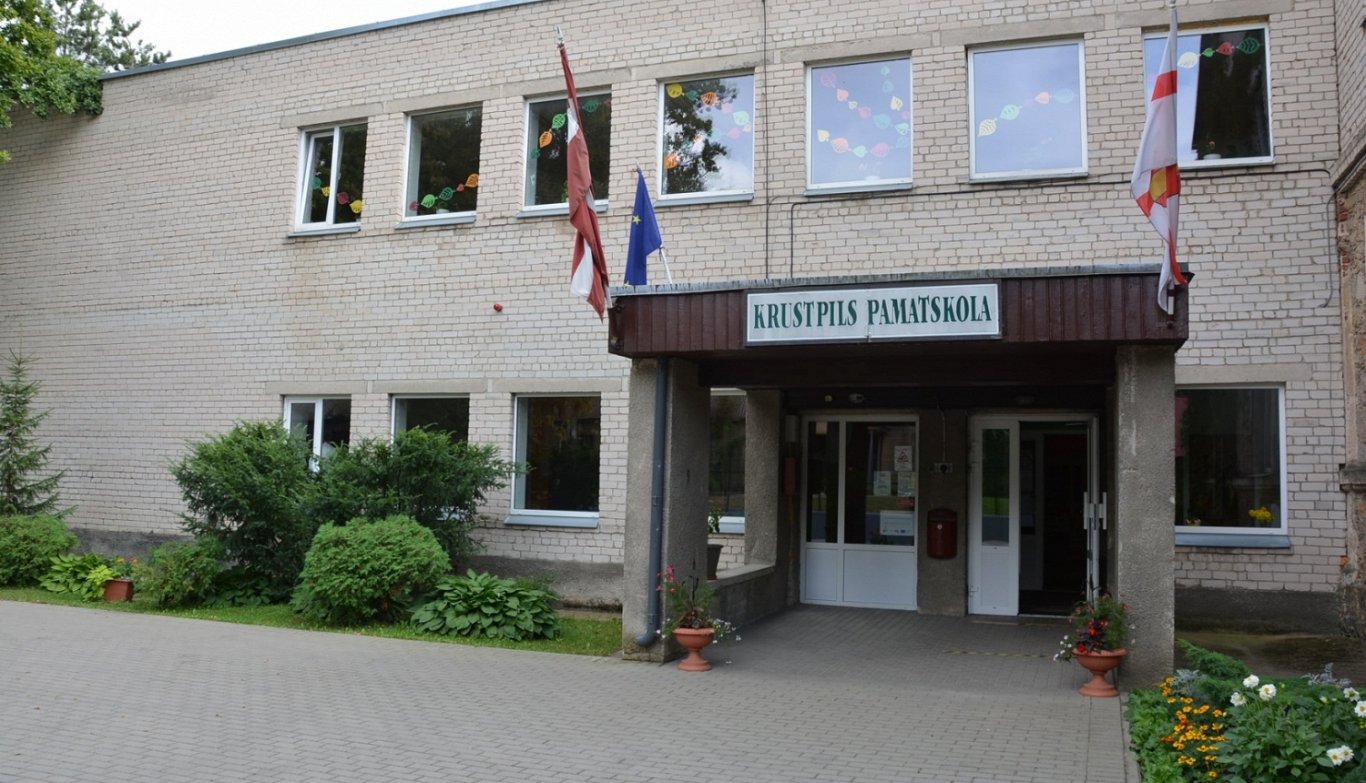Around 270 children attend the Krustpils Secondary School. Last year the rural Varieši Primary School was added to it, and the education process takes place in two buildings, with over 200 children in Krustpils and around 50 in Varieši. If the new teacher wage funding model is introduced, the school will be subject to quantitative criteria for urban schools - the school must have 360 pupils in the first nine forms to receive public funding.
Jēkabpils City Council has decided to address the issue by changing the school's legal address to Varieši. To qualify for public funding, it only needs 105 pupils.
If state funding were taken away, the local government would have to set aside 260 thousand euros a year to maintain the school, and it could not afford it, the city council explained. The final decision will still have to be made by Members this Thursday, but the Coalition has already agreed on this.
However, the Ministry of Education and Science has a different view.. Education Minister's advisor Ramona Urtāne said that she is sad about the "municipality's reluctance to work towards an efficient school network". Moreover, there are similar ideas in several other municipalities.
“There are municipalities where the registered office for schools is the address of the City Council and it is clear that there is no learning happening there. So let's register the actual addresses,” Urtāne said in a statement, adding that the Jēkabpils City Council's plan to circumvent the rules will not work.
At the same time, Urtāne pointed out that the quantitative criterion is only one of the indicators to be taken into account in municipalities. Local authorities must now make substantial efforts to clean up the network and, if they can justify the vital importance of a particular educational institution for the municipality, they will continue to receive public funding even once the new conditions have entered into force.





























